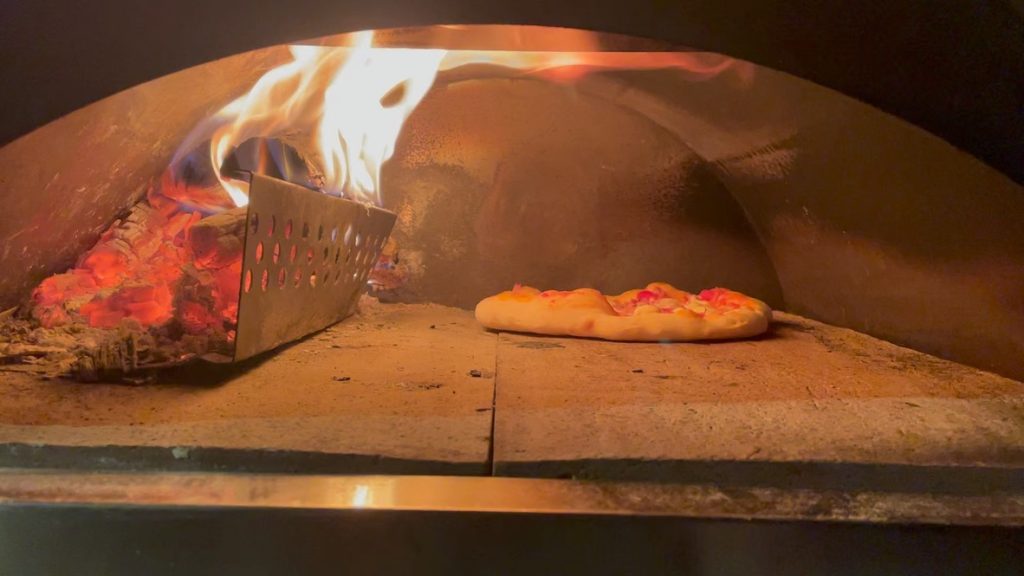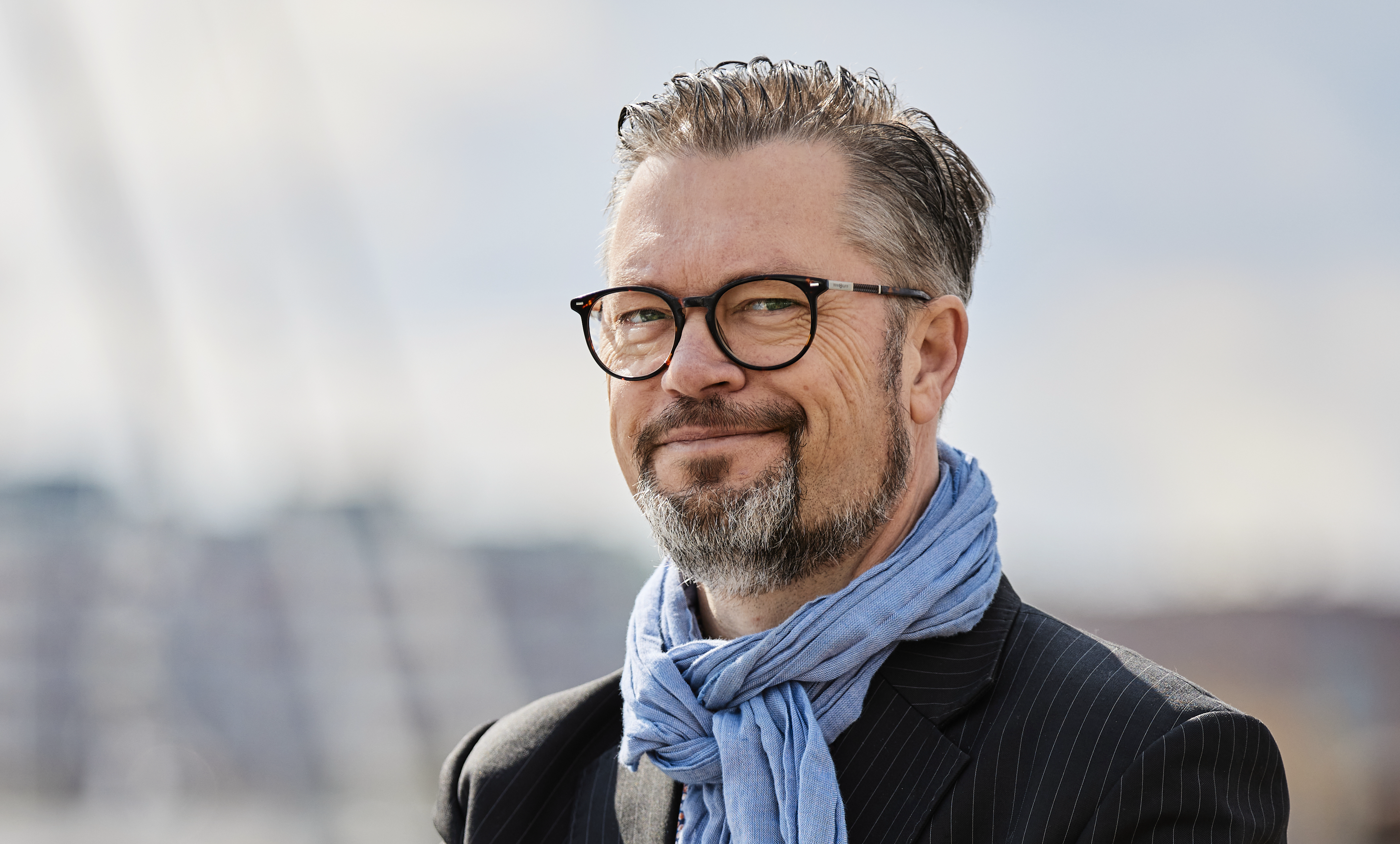Our Secretary General has a background in transport, logistics, digitalisation and sustainability, both from the business community and from the academic world.
How did you get started in logistics?
I worked extra as a transport manager at a haulage company in 1989, 20 years old. You can say that I have been frustrated since then. An entire room full of paper and a full-time job was needed to manage five tanker trucks. I loved the work, especially the problem solving, the constant puzzling and the hunt for the best solution. That took about half of each day, the rest of the time I devoted to different types of administration. At home, I had a C64 home computer. At that time, it was about 5 years old and I couldn’t understand why tools like that weren’t used in my office.

After that, I started studying at Chalmers University of Technology and got my MSc in Mechanical Engineering in 1996, with a focus on logistics of course. In 1994, we got access to the first browser, Mosaic at the university. It began to dawn on many of us that what we saw happening around us was the beginning of a revolution. My Master’s thesis was also one of the very first in the field of logistics and sustainability. I decided quite early on that I was not yet fully trained in logistics and jumped on a doctoral student position immediately after graduation.
As a researcher, I had the privilege of having daily access to some of the sharpest minds and the deepest knowledge, which contributed to my return to the academic world later in my career for a second trip. The discussions around the coffee table in a research environment are never boring nor irrelevant. In 2003, I left the university to work as a programmer and expert in transport and logistics at the industry company TRB Sweden. In 2007, I defended my PhD thesis that dealt with how we can handle ever-increasing complexity in transport systems, which continually is becoming more and more relevant each passing day.
In 2011 I returned to Chalmers University, now as a researcher and Senior Lecturer in logistics. I then spent the entire following decade trying to increase my understanding, create new knowledge and try to push the development as best I could. But the overall development was still very slow and I was still frustrated. In 2021, I left Chalmers University for the second time and went to the fast-growing tech company Einride as Director of Logistics Strategy. I stayed there for just over three years. Since the beginning of 2024 I am an advisor and board member in logistics, tech and digitalisation.
Are you still frustrated? Isn’t that hard?
Ha ha, yes you can probably say that I am still frustrated. The more I learn about digitalisation, AI, technology and everything around it, the more obvious it becomes that we have a long way to go. Of course, there is a lot of development, but much of it is only on the surface and unfortunately does not result in any major improvements. Frustration is probably my greatest driving force, to see the potential for improvement and to do everything in my power to ensure that it is realised.
How do you see yourself and your role in the evolution of the Game Changing Alliance?
As Secretary General, it is my job to keep the alliance together and to be the face of the group. Each individual member contributes with their expertise and experience, both outwardly but also within the alliance. We are united by a will and a drive to accelerate the transition in the transportation and logistics system and then we will be able to stand on each other’s shoulders, both to see further and be seen but also to be able to reach higher.
I see our alliance as significantly greater than the sum of its parts and my role is to contribute to creating tangible benefits both internally and externally.
You often talk about the need to accelerate the transition, which three factors are most important in your opinion?
From my perspective, we need to work according to the broad definition of sustainability.
A faster energy transition where electrification of the vehicle fleet is combined with sustainable production and distribution of energy is definitely high on the list. Increased digitalisation is necessary for several reasons.
The electrification brings with it a fundamentally different logic and we will not be able to scale electric vehicle fleets without advanced algorithms and AI. In addition, the industry really needs to let go of the past and take on technology development seriously.
The third is the improvement of the social sustainability of the industry. Accelerating driver shortage speaks its message very plainly – those who can leave the profession choose to do so. We have got to be better than this.
Finally, how do you make a really good Neapolitan pizza?
Oh, that is both easy and difficult. The easy part is that only a few ingredients are needed and that they all can be found in your local grocery store. The difficult part is that this largely is a craft that requires a lot of practice, and when you only make pizza for yourself and your family needs, the number of experiments are sparse.

I myself have invested in a wood-fired oven that has the ability to create a perfect pizza. The rest is then up to me.
Little Napoli in Falkenberg in South Sweden is the place to visit and follow if you want to learn. The risk is that after a while you seriously consider whether to start a pizza restaurant yourself…

